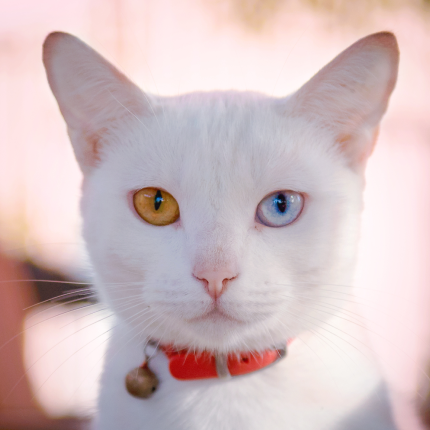Should Cats Be Kept Indoors?
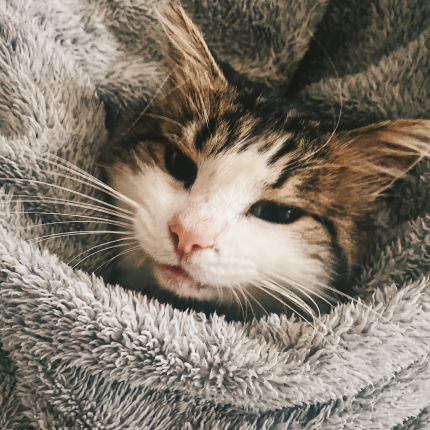
For many cat owners, the debate over whether to allow their feline companions outdoors is a common one. While the idea of cats freely roaming outdoors may seem appealing, it’s important to weigh the risks and benefits to determine what’s best for your pet. From natural behavior expression to safety concerns, this article explores both sides of the discussion to answer the question; should cats be kept indoors?
advertisement
Why Outdoor Time Is Beneficial for Cats
Cats are naturally curious creatures, and their behavior thrives in environments that mimic their instincts. Here are several reasons why having access to the outdoors can benefit your cat:
1. Expressing Natural Behaviors
Outdoor spaces offer cats the freedom to express behaviors like stalking, hunting, as well as territorial marking—activities that are hard to replicate indoors. A garden or yard filled with leaves, insects, and climbing structures gives them the opportunity to engage in these natural activities.
2. Physical Exercise
The outdoors provides ample space for cats to run, jump, and chase. With more room to move, they can engage in high-energy activities that keep them physically fit. Additionally, this will help prevent obesity. A cat can climb trees, pounce on moving objects, and explore different environments, enhancing their agility and fitness.
3. Mental Stimulation
Outdoor environments stimulate all of a cat’s senses. The constantly changing surroundings keep them alert and engaged, from the sound of birds to the sight of passing cars or people. This stimulation helps prevent boredom and reduces the likelihood of stress-related behaviors.
4. A Safe Escape
Sometimes, the environment indoors can become stressful for cats due to visitors, loud noises, or changes in the household. In these instances, outdoor time offers cats an escape to a quieter, calmer space, where they can find solitude in a garden or simply watch the world from a safe vantage point.
The Risks of Outdoor Access
While outdoor time can be beneficial, there are also several significant risks involved. Here are some of the dangers that your cat may face outside:
1. Traffic and Vehicles
Road accidents are one of the most common dangers for outdoor cats. Even in quieter, more remote areas, cats are at risk of being hit by vehicles, especially young, unneutered males who may wander further from home. Limiting outdoor access to daylight hours as well as ensuring your cat is neutered can help mitigate this risk.
2. Conflict with Other Cats
Cats are territorial animals, and encounters with other cats can lead to aggression, fights, as well as emotional distress. Even if they aren’t directly fighting, the presence of rival cats can cause stress. It’s essential to manage your cat’s interactions with other neighborhood cats to prevent behavioral problems.
3. Loss and Theft
Cats often disappear without a trace. Whether they get lost, injured, or are stolen, the risks of your cat going missing are real. Microchipping and neutering your cat can help ensure they are returned safely if lost or stolen.
4. Poisoning
Outdoor cats are at risk of poisoning from harmful substances like antifreeze, garden chemicals, or poisonous plants. While some toxins may also be found inside, the outdoors presents more opportunities for accidental ingestion, whether from a spilled chemical or a dead animal.
5. Wildlife Impact
While cats are skilled hunters, their predation on birds and small animals can significantly impact local wildlife populations. It’s important to consider the environmental effect of letting your cat outside, especially in areas where wildlife is endangered or populations are vulnerable.
Why Keep Your Cats Indoors?
Despite the benefits of outdoor exploration, there are many reasons why keeping your cat indoors may be the better choice:
1. Health and Safety
Indoor cats are at a reduced risk of the dangers outlined above. Keeping your cat indoors helps protect them from traffic accidents, fighting with other animals, and poisoning from toxic substances.
2. Longer Lifespan
Studies have shown that indoor cats tend to live longer, healthier lives due to the controlled environment they live in. Without the risks associated with outdoor access, your cat has a greater chance of living a full life.
3. Control Over the Environment
Indoor cats are less likely to come into contact with diseases carried by stray animals or pests like fleas, ticks, and mosquitoes. You also have full control over your cat’s food, water, and hygiene, ensuring they stay well-fed and healthy.
advertisement
How to Keep Your Indoor Cat Happy
If you decide that keeping your cat indoors is the best option, it’s important to provide an environment that satisfies their natural instincts and keeps them engaged:
- Provide Space: Make sure your cat has plenty of room to roam and explore indoors. Allow access to multiple rooms and cozy spots for resting.
- Create Vertical Spaces: Cats love to climb and perch in high places. Use shelves, cat trees, or window perches to give them an elevated view.
- Playtime: Regular interactive play is crucial for mental and physical stimulation. Toys that mimic prey, like feather wands or laser pointers, are ideal for engaging your cat in short bursts of energy.
- Scratching Posts: Cats need to scratch to mark territory and sharpen their claws. Provide sturdy scratching posts or pads to prevent damage to your furniture.
- Window Views: If you don’t want your cat outside, set up a safe spot by a window where they can watch the world go by. If you have a secure space, a “catio” (an outdoor cat enclosure) is a great way to let your cat enjoy nature while remaining safely indoors.
Ultimately, whether or not to allow your cat outdoors is a decision that depends on your specific situation and what is best for your pet. While outdoor access has clear benefits for your cat’s natural behavior and physical health, the risks involved may outweigh those benefits for some pet owners. Keeping your cat indoors requires effort to provide a stimulating environment that satisfies their needs. With the right care and attention, indoor cats can live happy, healthy, and fulfilling lives.
If you’re unsure about what’s best for your cat, consult with your vet to evaluate the best options based on your cat’s health and lifestyle.

Featured Articles
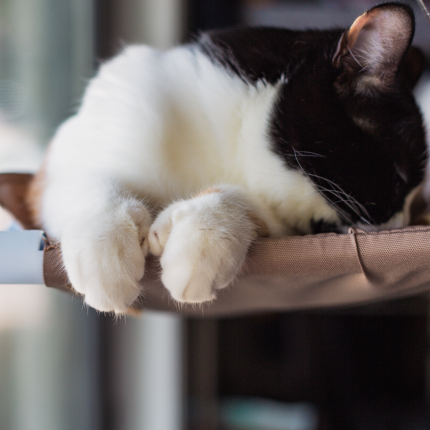
Polydactyl Cats: Just More Beans to Love
Polydactyl cats have become extremely popular in recent times. As a result, more and more people are interested in learning more about this six-toed cat and want to get one of their own. If you are a cat lover intrigued by polydactyl cats, you have come to the right place….
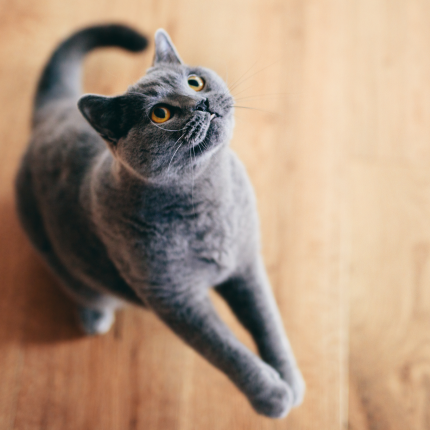
Greebles and Cats: The Origin and the Meaning
You may have seen an internet sensation concerning cats labeled “greebles.” Feel out of the loop? We’re here to help you. In 2019, Reddit user /user/literallyatree commented on a Reddit post about a cat that looks like it’s trying to slap a ghost. This user commented: “My family calls things…
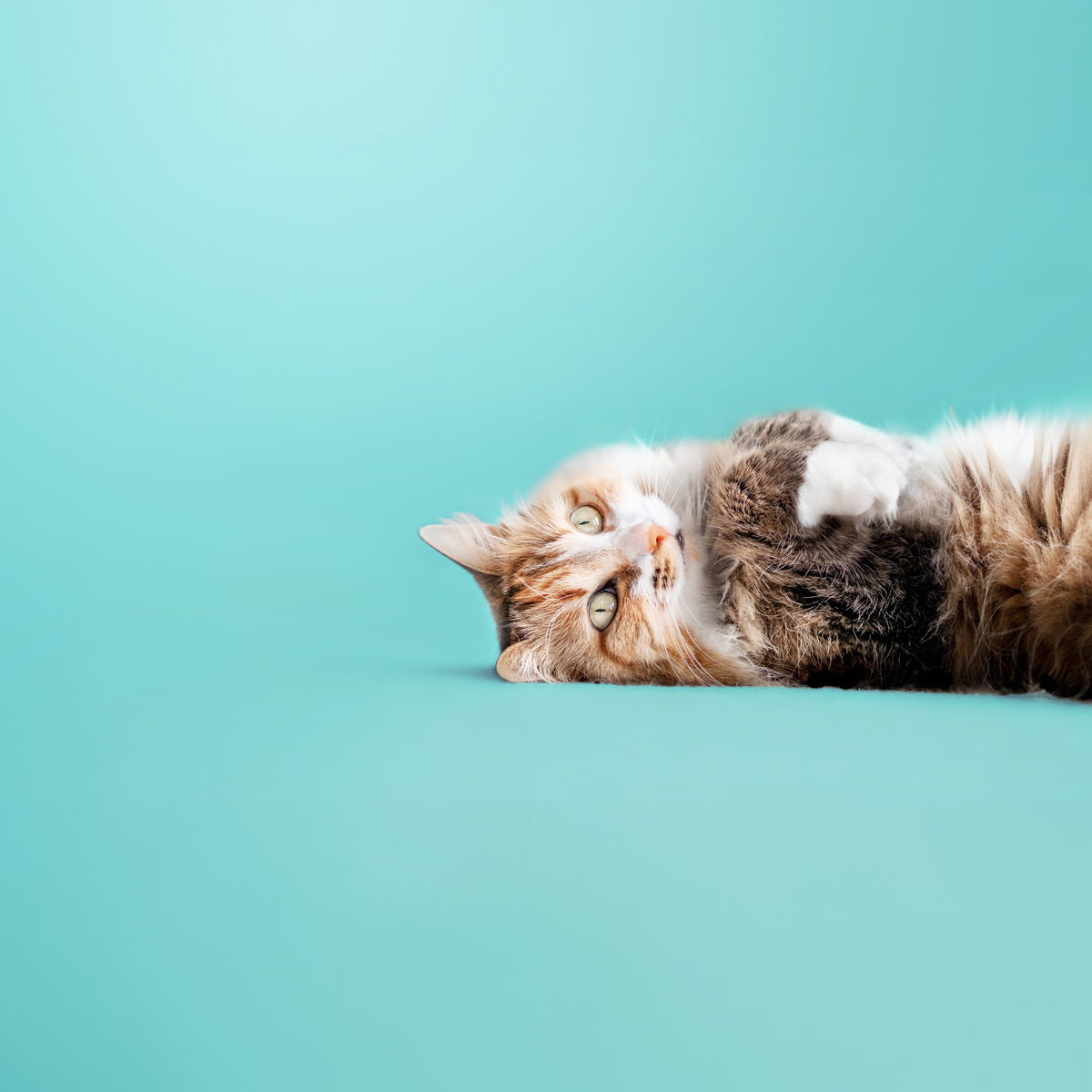
Why Do Cats Roll Over Into Their Backs But Not Let You Touch Their Bellies?
It’s common knowledge dogs love to have their tummies rubbed when they freely lay down before you and roll onto their backs. But, if you’re also familiar with cats, you know that when they roll onto their backs with their bellies exposed, rubbing the belly will most likely result in…
